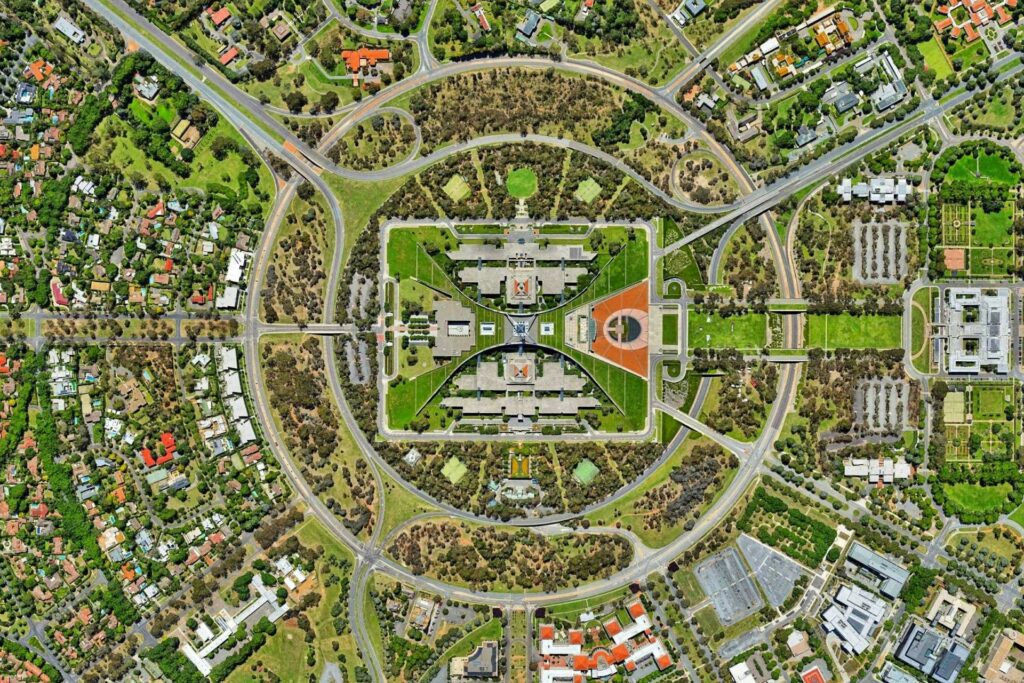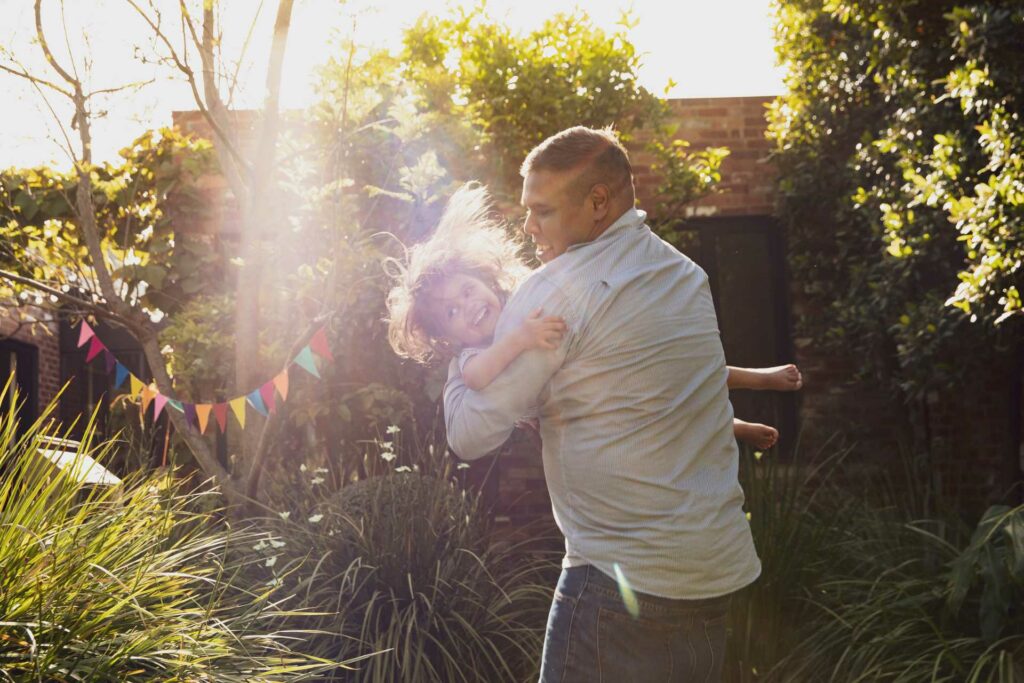Dr Tessa Boyd-Caine was the founding CEO of Health Justice Australia. Originally a criminologist, she has worked in health, criminal justice and human rights organisations in Australia and internationally.
Recently I was invited to speak on a panel on ‘NFP’s and the trust crisis’ at the AICD’s Australian Governance Summit.
My first reaction to the invitation was ‘what crisis’? Yes, there are continuing cases of fraudulent charities, of charity sector workers abusing their power and worse. And yes, there is evidence that trust in NFPs is declining as it is in all institutions, from sources like the Edelman Trust Barometer and the Australian Charities and Not-for-profits Commission. But in such a massive sector, with hundreds of thousands of organisations and millions of people and dollars moving through it, is it a crisis? I’m not sure.
I also don’t think it matters. Crisis or not, any decline in trust and confidence in charities needs to be addressed. These are critical foundations to the work of charities; second only to our effectiveness in achieving our impact. We rely on the trust of the people who support our work: our donors and funders. We rely on the trust of our charity workforce (volunteer and paid), whose skills and experience drive our effectiveness. And most critically, we rely on the trust of the communities we work with; the people whose lives we work to improve. Any decline in that trust threatens our impact and we should be working to address that decline well before it becomes critical.
This is not a new message. A few years ago, I was one of many people advocating for the establishment of a national charity regulator in Australia. The government of the day adopted the policy as part of its platform and, almost overnight, the messages driving the reform changed. It went from being an NFP sector-led initiative to address an overly burdensome but ineffective regulatory regime, to a government-led reform aimed at building – and in some cases restoring – trust in Australia’s charities and nonprofits.
The messaging change was interesting in its own right. But it also implied that regulation could ensure charities were trusted; as though we should not continue to drive trust and confidence in ourselves, by ourselves. If trust is so important to our impact, sustaining it and building it where we need to is our responsibility. That’s not something we can sit back and let others take care of.
The experience of American charities and philanthropists is salient here. As part of a Fulbright Professional Scholarship in Nonprofit Leadership, I met with over 100 charities and foundations across the USA to explore how they sustained trust and confidence in their own work. In every conversation, these non-profit sector leaders talked about the toxicity of political debate, the vitriol of public discourse, and their fears of the chilling effect this might have on non-profit sector advocacy. Yet as I looked further into the history of America’s nonprofit sector, my research indicated it was ever thus. As my report from that work shows, it is a sector that has withstood decades of scrutiny; of mistrust; sometimes of scathing and vitriolic critique. Early examples at the establishment of the Ford Foundation fed into the era of Macarthyism; and many of the same arguments re-surfaced decades later with the establishment of the Gates Foundation. Through it all America’s non-profit landscape has developed a strong and independent voice on the social issues of the times, not in spite, but because of that red hot scrutiny; scrutiny that has compelled charities and foundations to defend what they do and why it matters.
So the question for our governance is not whether the level of criticism and scrutiny of NFPs is greater now than before; nor whether it is well-placed. The question is how we respond to that criticism, in our leadership of nonprofit organisations and, more importantly, in our contribution to civil society.
As non-profit organisations striving for impact in the current climate, there are three key things we can and need to do to build and sustain trust and confidence in our work.
1. Charities need to lead our own transparency and accountability efforts, rather than be overtaken by them; and we need to embrace the digital age, using data more effectively, to do so.
We need to provide information about what impact we are trying to achieve, how, and how effective we are. We need to be willing to engage in public discussion about it. And we need to recognise our flaws and our weaknesses as well as our strengths.
We need to demonstrate our trustworthiness if we want people to trust us.
It’s not easy to do, but it is worthwhile. I’ve spent the last two years setting up Health Justice Australia as a new national charity and centre of excellence in health justice partnerships. These partnerships bring lawyers into healthcare teams to stop legal problems from harming people’s health. Health justice partnerships provide legal help in areas like getting mould fixed in public housing to reduce respiratory problems; improving health system responsiveness to family violence and elder abuse; and fixing the credit or debts issues that drive anxiety and prevent people meeting healthcare costs.
Health Justice Australia’s establishment was driven by a growing movement of researchers and practitioners who saw the benefits of working in this way and want health justice partnerships to grow. Instead of investing in communications strategies and campaigns, this movement funnelled its drive into the creation of our new, independent centre of excellence that will drive their effectiveness. Rather than advocating for funding to expand the service model, we are starting with the development of an evaluation framework to understand its outcomes.
It is an approach that puts building trust and confidence in the delivery of health and human services at its heart, among funders, policy-makers, practitioners, researchers and – most importantly – among the communities being supported by health justice partnerships. That approach brings risk with it: recognising you need to understand the value and outcomes of a service innovation before expanding it opens you up to evidence you might not have anticipated. But what is the value of driving growth in a service model if we can’t demonstrate its impact?
The wealth of data and the range of platforms to disseminate those data mean we can’t stop information about our activities from getting into the public domain, even if we wanted to. All we can do is lead in those processes, using data and evidence transparently to drive our activities and to provide accountability to the communities we work with.
2. Australian charities need to lead a mature public discussion on one of the key issues relating to trust and confidence in us, namely, what it takes to be effective organisations.
How many times have you heard people say, ‘I only donate to charities where I know the money will go directly to people in need’? Often termed the ‘overhead myth’, this is the idea that charities can be effective without investing in their own operational capacity. As familiar as the refrain is, it’s a comment that completely misses the point. Charity effectiveness relies on the skills and experience of people more than any other ‘input’. We need to support our people through training and development, supervision, efficient systems and technology, and evaluation. If we don’t invest in any of that, how can we be effective in meeting the needs of the communities we serve?
Effective organisations need to be invested in. Charity leaders need to be willing to defend that investment, to demonstrate the value it returns; and to resist a race to the bottom, led by claims of low or zero overheads that can only undermine our collective as well as individual impact.
3. Strength and independence of voice are directly linked to the trust and confidence with which charities, philanthropists and nonprofits are held.
Advocacy has long been a critical element of the work of charities. Charities I work with every day provide advice to people about mould in their public housing causing respiratory problems; or their experience of family violence. Then, those same charities look at systemic failures that led to these experiences and develop reform proposals to prevent it happening again: to ensure safer public housing; to intervene earlier when people are at risk of family violence.
Yet the right of charities to advocate is frequently attacked, including through Government legislation currently being proposed. Eroding our capacity by threatening to remove charity tax concessions if we engage in advocacy is a bullying tactic, clear and simple. Making ourselves small targets in the face of such attacks on our independence only diminishes our ability to achieve the outcomes we are working for. Worse, these tactics threaten our effectiveness, as many have already argued (see for example, ‘Rules around foreign donations threaten to cripple our charities’).
We need to advocate even more loudly in the face of such efforts. And we need to remember that the communities we work with and for are relying on us to do so; relying on us to leverage our resources, our platforms, our power to improve community health and wellbeing.
Dr Tessa Boyd-Caine, CEO, Health Justice Australia
Tessa’s Fulbright Professional Scholarship in Nonprofit Leadership was supported by Origin Foundation and Australian Scholarships Foundation





